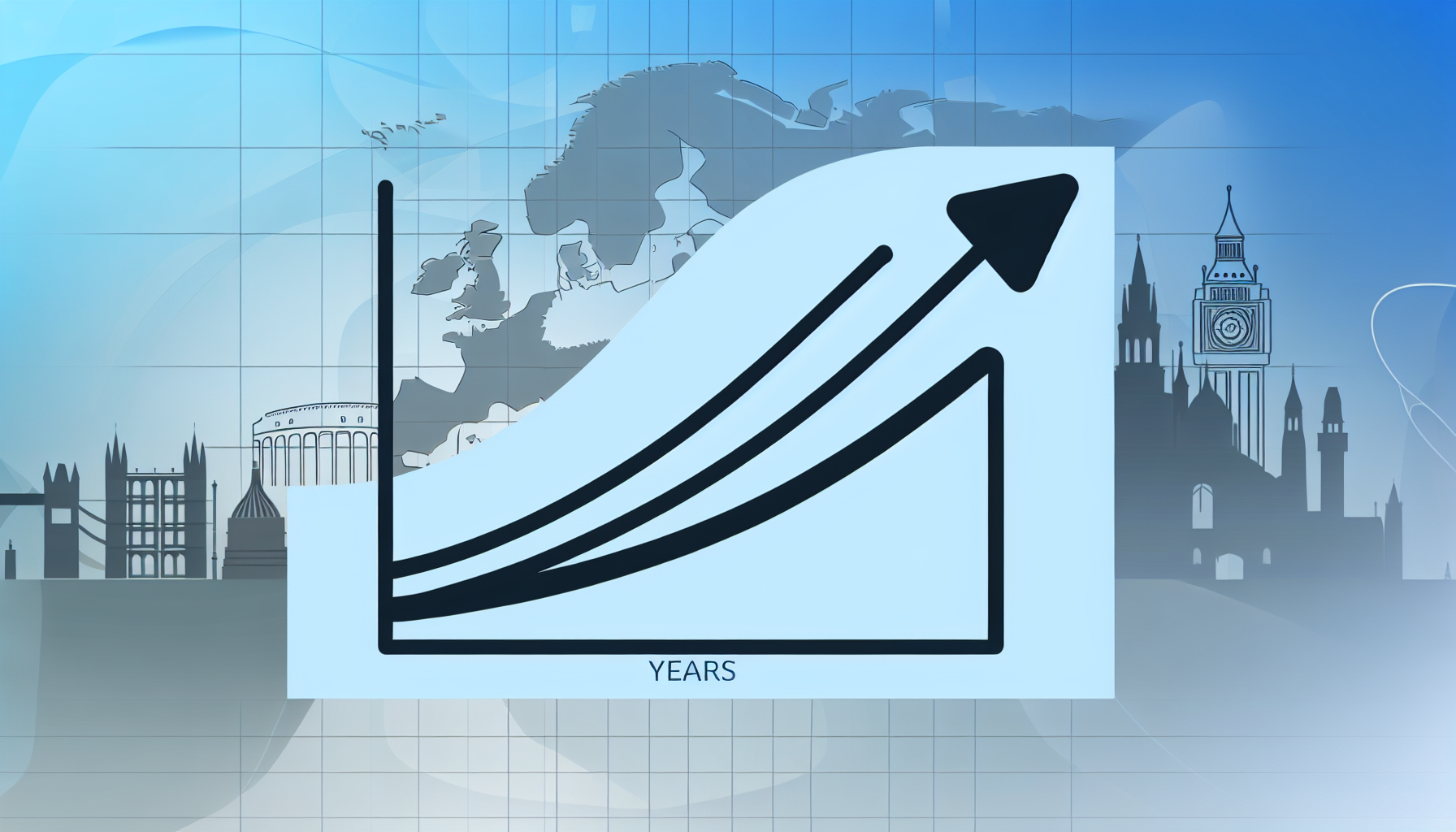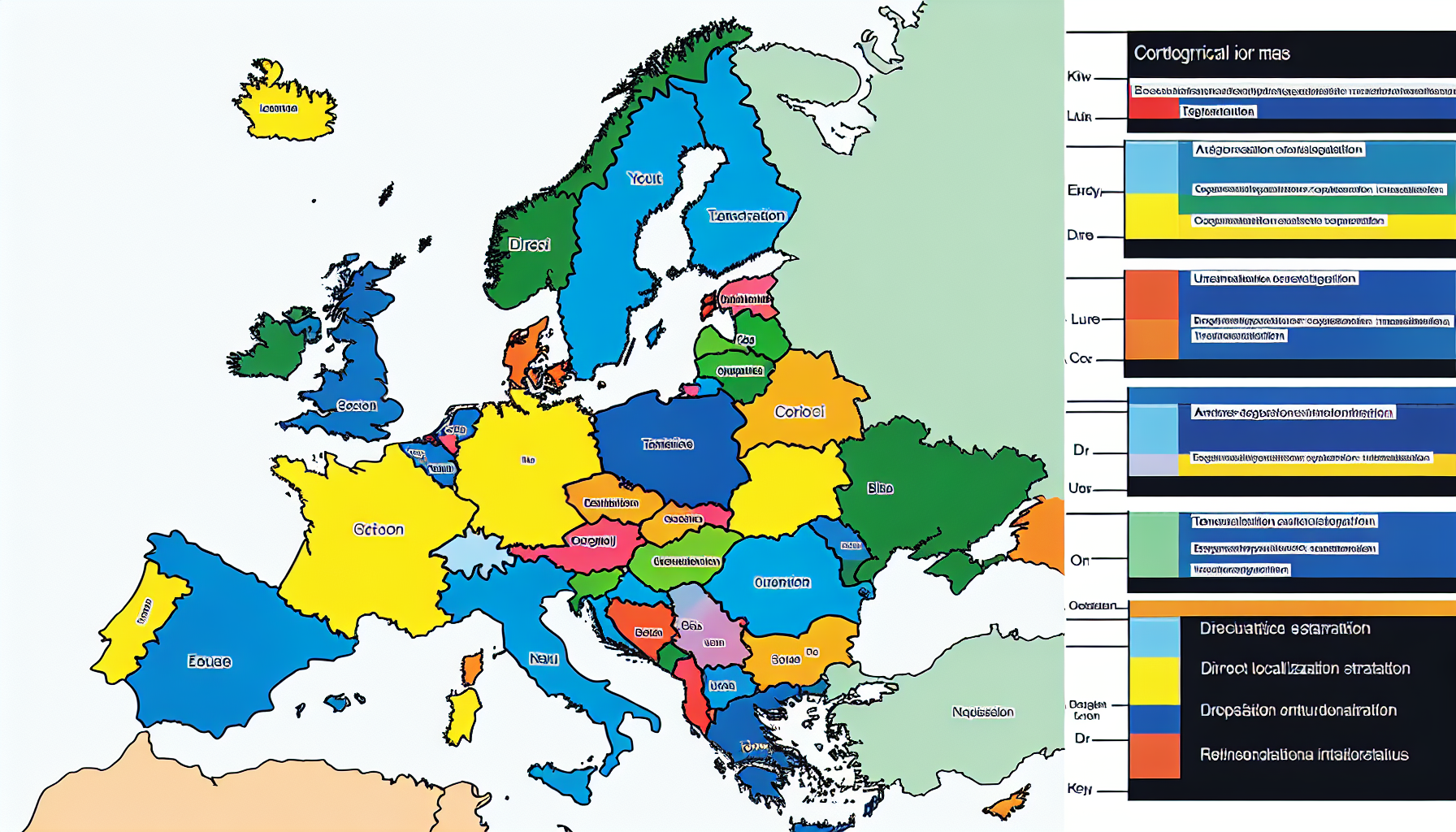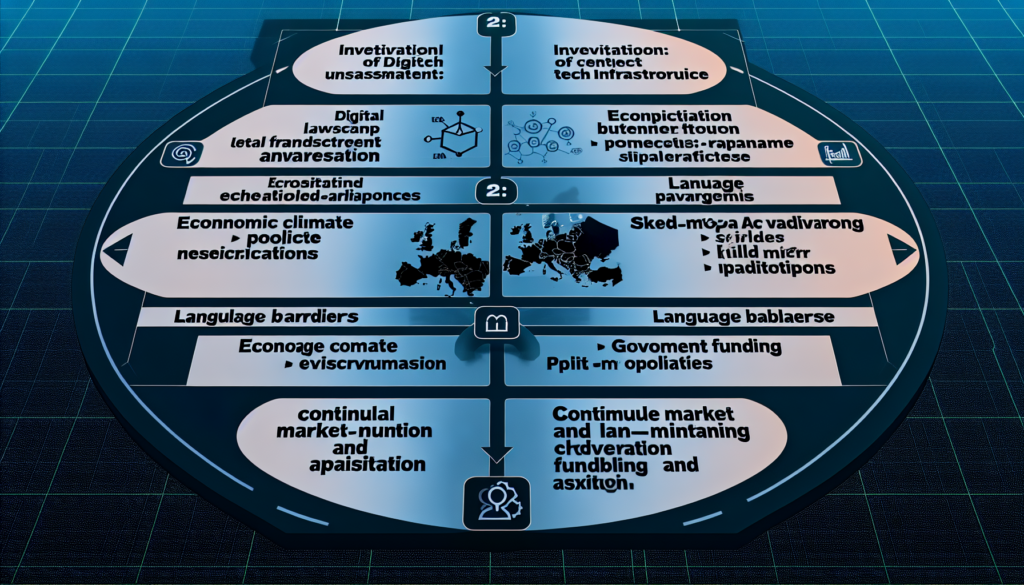Assessing the Digital Landscape and Infrastructure for European Digital Market Entry 2024
Understanding Legal Frameworks: GDPR Compliance for US Companies and Digital Taxation Policies
Entering the European digital market in 2024 demands a solid understanding of the legal frameworks that govern data protection and digital taxation. GDPR compliance for US companies is non-negotiable. The regulation enforces strict guidelines on data privacy, requiring businesses to handle consumer data with the utmost care. Adherence to these policies not only protects your business from hefty fines but also builds trust with European customers.
Moreover, with the ever-evolving digital taxation landscape, it’s crucial for businesses to stay abreast of the latest policies to ensure compliance and avoid financial pitfalls. The complexity of these regulations necessitates a strategic approach to legal adherence and financial planning.
As highlighted by HackerNoon, “To succeed, conduct thorough market analysis, assess economic indicators, understand regulatory frameworks, and consider language and cultural compatibility.” This multifaceted approach is essential for a seamless transition into the European digital space.
Analyzing Consumer Behavior in European Tech Market for Optimal Product-Market Fit
The European tech market is diverse, with consumer behavior varying significantly across regions. Understanding these nuances is key to achieving optimal product-market fit. Identifying consumer needs, preferences, and purchasing patterns enables businesses to tailor their offerings, ensuring relevance and appeal.
Insights into local consumer behavior can inform product development, marketing strategies, and customer service approaches. This deep level of understanding is what sets successful businesses apart in a competitive marketplace.
As per ShipBob, “To ensure a smooth expansion into Europe, there are several factors you’ll have to consider first, from identifying cultural differences in buying behavior and regulations, to understanding complex cross-border shipping rules that differ by country.”
Economic Climate and Market Size: Identifying Opportunities for Tech Startup Incentives Europe
The economic climate and market size are significant factors when considering European digital market entry. Current trends suggest that Europe is nurturing an environment ripe for tech startups, with various incentives and support systems in place.
Identifying the right opportunities requires a keen eye on economic indicators and market potential. Startups that align with Europe’s digital agenda may find themselves at an advantage, benefiting from grants, tax breaks, and other incentives designed to foster innovation.

Digital Product Localization Europe: Tailoring Your Offering to Local Needs and Preferences
Digital product localization goes beyond mere translation. It involves adapting your product to resonate with the local audience in Europe. This process encompasses cultural nuances, legal requirements, and user experience expectations.
Effective localization ensures that your product feels native to the European market, increasing its acceptance and success. It’s about creating a seamless user experience that acknowledges and respects regional differences.
According to Odint Consulting, “An all-encompassing strategy that takes into account cultural diversity, laws, and growth prospects is needed to successfully navigate the European e-commerce industry.”

At Bee Techy, we specialize in guiding businesses through the intricacies of European digital market entry. Our expertise in GDPR compliance, market analysis, and digital product localization positions us as your ideal partner for expansion into Europe. We invite you to contact us for a quote and take the first step towards a successful digital presence in Europe.
